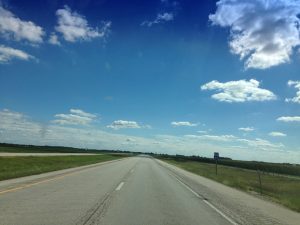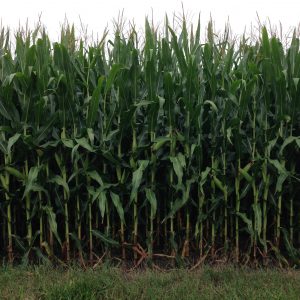When I lived in Japan in college, I met a Japanese man who said he wanted to come to America to see the horizon. I didn’t really understand what he meant at the time. Living in Tokyo means there are lots of buildings, everywhere, and most of Japan that isn’t a city is a mountain.

But I’d lived in Chicago my whole life and you can go to the lake, or the ocean in Tokyo, and see the horizon and watch the sun rise (or set). But the longer I live in central Illinois, where you really CAN see the horizon, I know he didn’t just mean he wanted to see the line where the sky and earth meet if you look in one specific direction. He meant he wanted to have that sensation of being in an empty place, with no buildings.
Where maybe you can’t actually see the horizon, but that’s because the corn is taller than you.

And the horizon is not just a physical line in the distance, but something we can try to get to. A place where everyone has access to as much good, clean, healthy food as they need, and the farmers growing it make a living wage. Where rural communities can be a vibrant break in the horizon, not a depressing reminder of the past.
At the same time I see the need to make sure that farmland stays as farmland and that there are farmers there to do it. Doing what I do now at work means that I have a part in making sure that there continues to be a horizon to try to get to, whether you’re out for a run, or out for a day of work in the field, or out for dinner and order locally grown food to eat.


